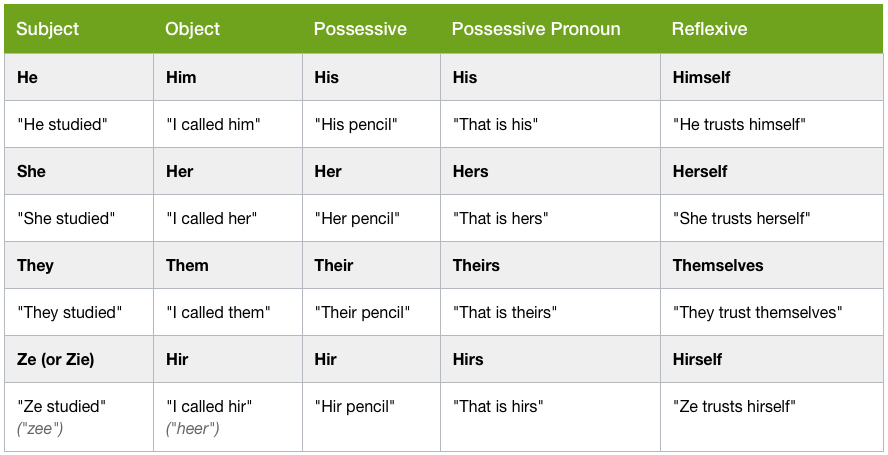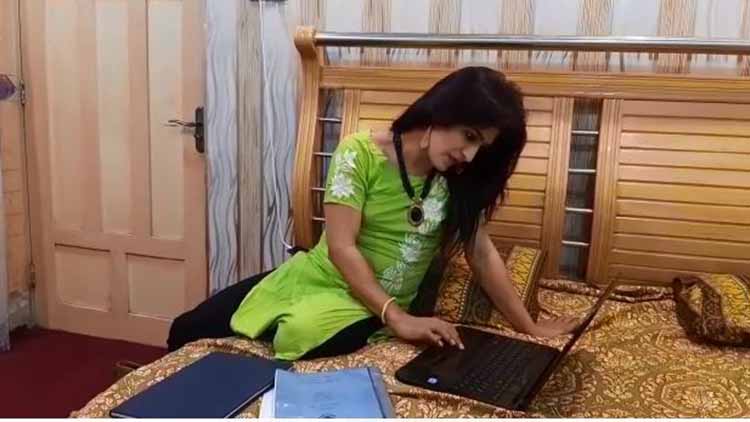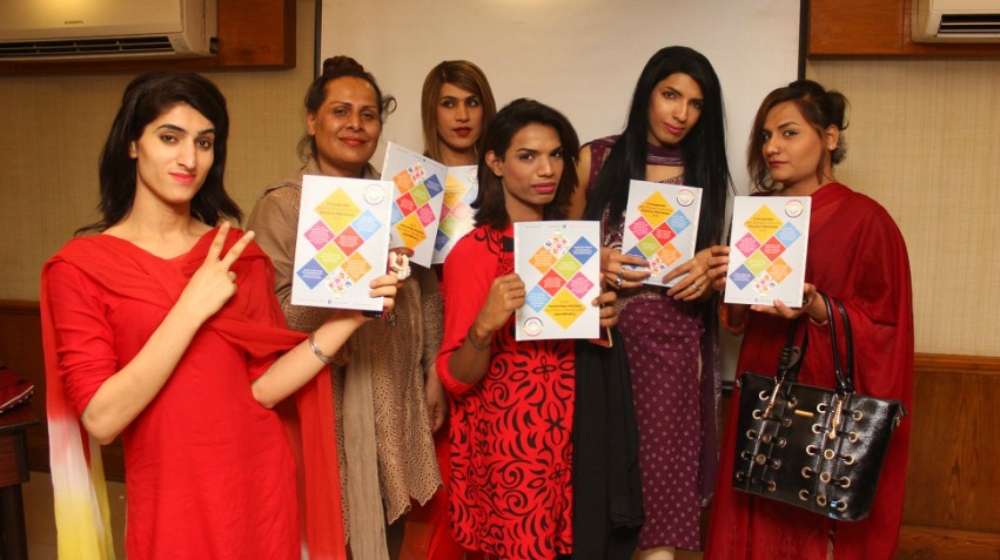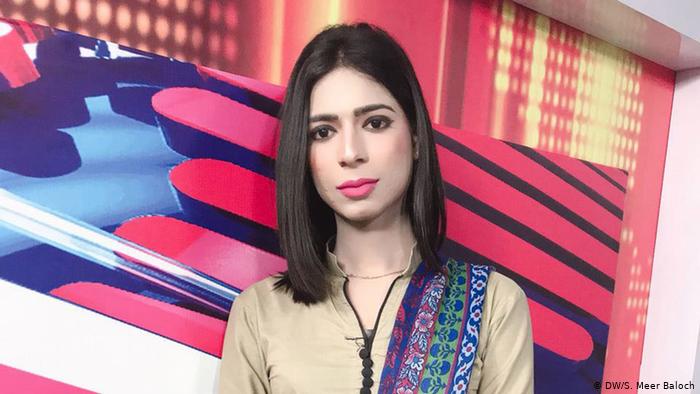We always appreciate when gender minorities make waves in society from running for political office to opening a mosque. Yet how often do we create spaces for more gender minorities to do things that are otherwise ordinary for us?
When it comes to laws for the protection and acknowledgment of all citizens, Pakistan doesn’t fall too far behind. Yet it’s a lack of understanding and implementation of the law that holds us back.
ALSO READ
Inside Pakistan’s First Transgender Madrassa [Pictures]
Did you know by law any individual can head to their closest National Database and Registration Authority (NADRA) to have their gender identity corrected and changed to transgender on their identity card? Yet many times when a trans-individual does head to NADRA they’re asked to provide medical proof.

Additionally, the law differentiates between people that are transgender (need to transition from male to female for their gender identity) and intersex (individuals born with both male and female reproductive organs).
When just having their identity acknowledged is a hassle, imagine the uphill struggle to make it in life for gender minorities that don’t fall into traditional binary gender categorization.
What You Can Do As A Good Samaritan
While it may not seem like much we can start by changing our attitude. Rather than using derogatory terms, refer to gender minorities with appropriate terms such as trans or intersex. Address them with the pronouns they request you to use. If you’re apprehensive to ask, just try to avoid pronouns altogether or use they/them.
For that, gender sensitivity training in workplaces particularly education institutions is necessary. Much like cultural sensitivity training, gender-sensitivity training would remove space for conflict.
While there is plenty of scientific research online for this, organizations like Digital Rights Foundation (DRF), Rural Support Program Network (RSPN), etc do offer training assistance. In fact, National Rural Support Program (NRSP) even worked on this in the past.
ALSO READ
Iman Ali Makes a Controversial Statement About the Transgender Community
Once we’ve got our language in check, we can then move on to be more supportive of these people. Despite facilities like Allama Iqbal Open University (AIOU) offering free education for the trans-community many don’t apply. Could the fear of discrimination on campus be holding them back?

There are many examples of gender minorities not finding work post-education. Qasim Ali Shah has a law degree and she was still unemployed around a year ago. Meanwhile Pakistan’s first transwoman and lawyer, Nisha Rao funded her education by begging on the streets of Karachi.
She later became an activist for transgender rights in Pakistan by fighting cases for womxn (pronounced wo-minx, used as a blanket term for all non-cisgender women).
The Exception Not The Rule
When it comes to stories like that of Nisha Rao, Marvia Malik, Nayyab Ali are an exception. Despite being such a small minority most from these communities live in poverty as entertainers or sex workers.
ALSO READ
Transgender Woman Who Holds Degree is Still Looking for a Job
A society is only as strong as its weak links. If we cannot provide space for such stories to become the norm, we’re getting nowhere.
While efforts have been made by introducing job quotas for trans-people and womxn in general. Aside from the case of Lubna and Nadra, the first trans-people to be appointed to a government office in Islamabad, why don’t we hear about more success stories?









